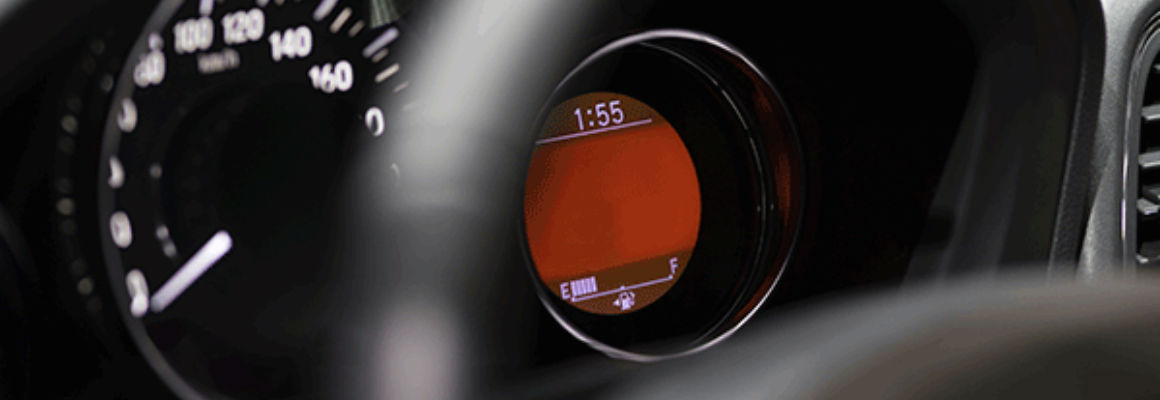Six car noises you shouldn’t ignore
We all know that feeling of dread when you’re driving along and all of a sudden, your car starts making an unusual noise. For those who aren’t well-versed in car mechanics, it can sometimes prove difficult to identify the source of the problem. So, we’ve pulled together a simple guide of 6 of the most common car noises and what they could mean.
Spluttering
If your car sounds like it’s got a chesty cough when you switch the engine off, this could be a sign of ‘dieseling’. Most common in older cars, dieseling means that your engine continues running for a short period after being turned off. Although not a huge cause for concern, it can damage your engine over time. To prevent dieseling, the best thing to do is replace your spark plugs and run a carbon-cleaning solvent through your engine.
Squealing
Any unfamiliar noises heard when braking should be looked at immediately, as they could be a sign that your brakes or brake pads are worn and therefore not working effectively. You can’t underestimate the importance of a car’s braking system!
Clunking
If you start hearing a large ‘clunk’ sound when driving over bumps in the road, it could be something as simple as a loose part underneath your car, or it could signal an issue with your car’s suspension. Have a quick look to check you can’t see anything hanging loose before getting your car checked by a mechanic.

Growling
Does your car make a growling noise when you turn the steering wheel? This could be a sign that you’re running low on power steering fluid. Be careful though, as power steering fluid should only need topping up around once a year. If you find you’re needing to fill it up more often than that, you may have a leak in the power steering system.
Ticking
A ticking noise coming from your engine is usually a signal of low oil levels. To check, switch off your engine, pop open the hood of your car and locate your engine oil dipstick. The indicator should show the oil sitting between the minimum and maximum marks. If your oil levels are below the minimum, it’s important that you add some more into the container as soon as possible to protect your engine.
Whirring
If your car starts making a whirring sound, it’s possible that one of its belts is worn out and could do with replacing. You should be able to identify quite easily if there’s a problem with your belts, as they’ll appear cracked, torn or frayed. Luckily, they’re relatively cheap and simple to replace – you could probably even do it yourself if you’re feeling brave!
As a general rule of thumb, if your car starts making an unfamiliar noise that doesn’t sound great, it’s probably a good idea to have it checked out. After all, it’s better to be safe than sorry!